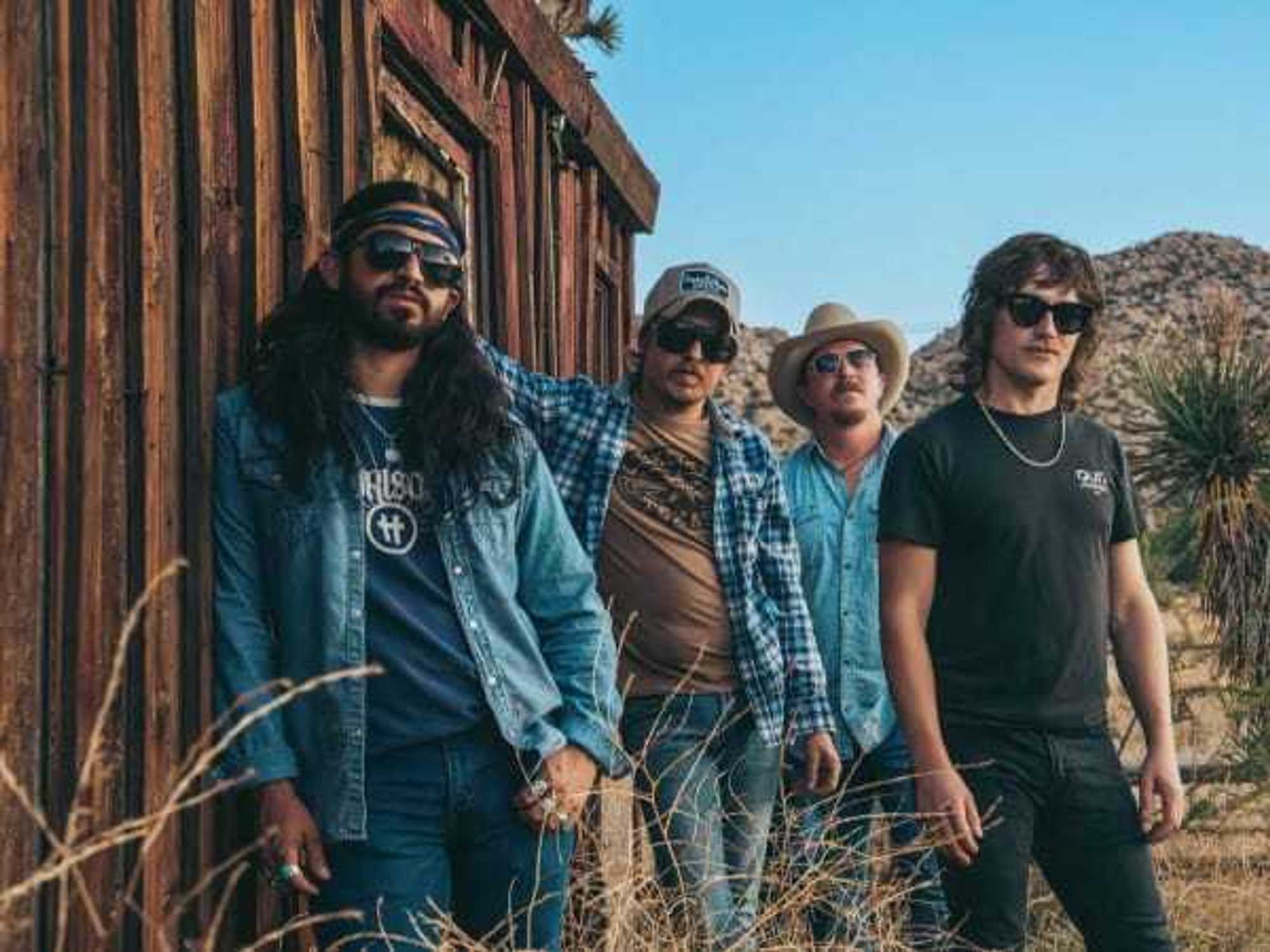Food without borders
Pioneering chefs cooking up big things outside of Austin's city limits

It used to be that ambitious Texas restaurants were rarely found outside of a big city. Smaller towns might have killer barbecue or chicken fried steaks, but chef-driven fare was rare.
Thanks to some culinary pioneers, creative cuisine now exists well beyond the Austin city limits. Fusing classical techniques and local produce, these trailblazers prove that good food has no boundaries.
Michael and Emily Castillo — Callisto Culinary
Like many culinary couples, Michael and Emily Castillo met in the kitchen. In their case, the couple met while working at Uchi, where Michael served as chef de cuisine and Emily as pastry chef. After a period cooking in Portland, Oregon, they are now back in the Lone Star State.
Michael says they were homesick for the “beautiful scenery of Texas,” so they returned to Emily's family ranch in Hallettsville, a small town about 95 miles southeast of Austin.
“It’s so expensive to open a restaurant in Austin,” says Emily. “Doing something out here gives us more flexibility.”
Their newest venture, Callisto Culinary, certainly offers plenty of wiggle room. The catering and pop-up dining business serves a diverse crowd, one that includes both visitors and locals, and the format gives the couple room to explore and gently elevate rural cuisine.
“One thing we did is macaroni and cheese, but made with Shiner,” Michael says. “It’s a little different and people freak out because it’s not bright yellow. We use venison a lot because we have deer, as well as many things that grow on our ranch out here.”
Eventually, the newlyweds (they married in March) hope to make Hallettsville a weekend destination for Texans, and are currently running an Airbnb on their 200-acre ranch. Though the sleepy Lavaca County town is best known as the home of the Texas Championship Domino Hall of Fame, that may soon change.
“If you live in California, you drive to Napa for a couple days, and that's just what you do,” Michael says. “That’s what we want to do. We’re not far from the city, so why not?”
Jacob Hilbert — Ramble
As a chef, Jacob Hilbert is no stranger to thinking outside of the box. His first restaurant in Central Texas, The Hollow, took him to Georgetown in 2013 before it shuttered in March 2018. His newest venture has him exploring another unexpected spot.
“Ramble couldn’t exist any other place than Salado,” says Hilbert. “The idea of curating an environment and allowing it to funnel through my kitchen was too attractive, as well as impossible to do with any integrity in many larger cities.”
Hilbert got his start cooking in his great grandmother’s kosher kitchen. As an adult, he met his mentor, Thierry Moity, the chef and owner behind Wilmington, North Carolina’s lauded Caprice Bistro. Though Hilbert’s craft is very much informed by Moity’s French cooking style, in practice, it is hyper-local.
“Other restaurants buy from foragers and farmers, but we wanted to be the foragers and the farmers,” says Hilbert. “We wanted to marry the environment to culinary traditions and disciplines. In doing so, we hoped to blur lines between modernity and rusticity, terroir as defined by land or by people, the kitchen and the natural world, vignette and narrative.”
In less philosophic terms, that means that many of the fruits and vegetables used in the restaurant come from the on-site garden. Other ingredients are foraged and hunted. Chanterelle mushrooms and wild plums featured on the menu are plucked a mile or so from the restaurant.
The approach is revolutionizing what people have come to expect from Salado, once primarily known to outsiders as the home of the Stagecoach Inn. Hilbert, however, didn’t open Ramble to make the town a destination.
“As a chef now, I just want to tell honest stories of a place, a kitchen, a moment,” he says. “I am less concerned about whether or not more fine dining comes to Salado and more excited about, perhaps, playing a role in changing a food culture, reminding people of ancestral diets and their most beloved and forgotten traditions.”
Richard Roettgen — Wayback Cafe and Cottages
Florida native Richard Roettgen has an enviable CV. Best known for his work with the Chicago-based steakhouse Bavette’s, he also spent time in two of the city’s buzziest restaurants: Girl and the Goat and Alinea.
Most recently, he made his mark at the Park MGM in Las Vegas before an opportunity took him on an unexpected detour to Westlake’s Wayback Cafe and Cottages.
“The menu was a relatively blank canvas when I got there,” he recalls. “They had someone that helped them with the menu in October and November but didn’t have changes during those first few months [in operation]. The owners, Vicki [Bly] and Sydney [Sue], have good taste and a good palate, but didn't have the pieces in place to be as successful as they wanted to be.”
Although Westlake is increasingly attracting chef-driven concepts like Sway, Roettgen’s menu is still more of an exception than the rule. His minimalist menu focuses on seasonal, locally grown produce with French and Mediterranean influence, while including approachable dishes like steak.
Like Hilbert, Roettgen looked for inspiration close to home. The cottages, creek bed, and surrounding greenery provide this sense of pastoral comfort, which Roettgen hopes to get across in his dishes.
“[It has] a very specific feel, and is more elegant than Austin proper,” says the chef. The restaurant biz may still be about location, location, location, but the conventional wisdom about where a chef should land no longer applies."
